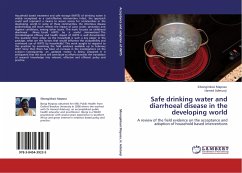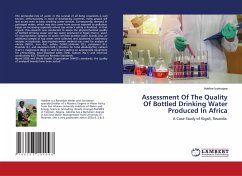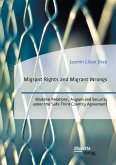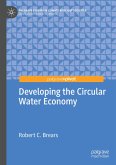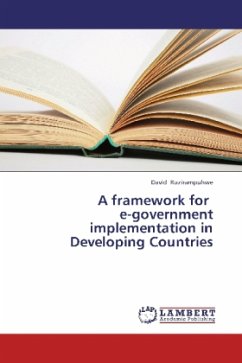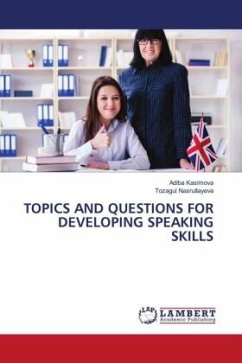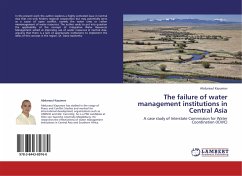Household based treatment and safe storage (HWTS) of drinking water is widely recognised as a cost-effective intervention. Infact, the approach could well represent a means to secure access for communities in the developing world. In some of these communities, the infectious disease epidemiology still much reflects the impact of poor water, sanitation and hygiene conditions, among other issues. This work focuses on childhood diarrhoeal illness. Could HWTS be a useful intervention? The microbiological efficacy and health impact of HWTS is well documented. The question then arises: As the household is such a key player in the package, what are the factors that would influence the acceptability and continued use of HWTS by households? This work sought to respond to this question by examining the field evidence available up to February 2007. Since then there has been an increase in the investigations on the subject. Consequently, an updated review is being prepared. It is anticipatedthat this work will contribute to efforts towards the translation of research knowledge into relevant, effective and efficient policy and practice.
Bitte wählen Sie Ihr Anliegen aus.
Rechnungen
Retourenschein anfordern
Bestellstatus
Storno

